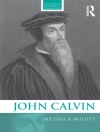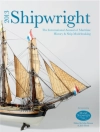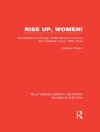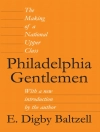The history of modern liberalism has been hotly debated incontemporary politics and the academy. Here, Judith Stein usesthe steel industry–long considered fundamental to the U.S.economy–to examine liberal policies and priorities after World War II. In a provocative revision of postwar American history, she argues that it was the primacy of foreign commitments and theoutdated economic policies of the state, more than the nation’sracial conflicts, that transformed American liberalism from thepowerful progressivism of the New Deal to the feeble policies ofthe 1990s. Stein skillfully integrates a number of narratives usuallytreated in isolation–labor, civil rights, politics, business, and foreign policy–while underscoring the state’s focus on thesteel industry and its workers. By showing how those whointervened in the industry treated such economic issues as freetrade and the globalization of steel production in isolation fromthe social issues of the day–most notably civil rights and theimplementation of affirmative action–Stein advances a largerargument about postwar liberalism. Liberal attempts to addresssocial inequalities without reference to the fundamental andchanging workings of the economy, she says, have led to thefoundering of the New Deal state.
Judith Stein
Running Steel, Running America [PDF ebook]
Race, Economic Policy, and the Decline of Liberalism
Running Steel, Running America [PDF ebook]
Race, Economic Policy, and the Decline of Liberalism
قم بشراء هذا الكتاب الإلكتروني واحصل على كتاب آخر مجانًا!
لغة الإنجليزية ● شكل PDF ● صفحات 432 ● ISBN 9798890869470 ● الناشر The University of North Carolina Press ● نشرت 2000 ● للتحميل 3 مرات ● دقة EUR ● هوية شخصية 9201506 ● حماية النسخ Adobe DRM
يتطلب قارئ الكتاب الاليكتروني قادرة DRM












